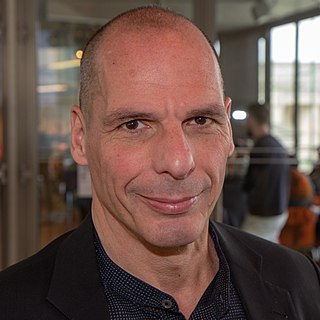A Quote by Francois Hollande
Being in the European Union has its advantages, and I think that is what the British are beginning to understand, what those who are tempted by the Brexit are going to reflect upon.
Quote Topics
Related Quotes
European Union partners never said European Union partners're going to renege on any promises, European Union partners said that European Union partners promises concern a four-year parliamentary term, european Union partners will be spaced out in an optimal way, in a way that is in tune with our bargaining stance in Europe and also with the fiscal position of the Greek state.
'Ever closer union' is one of the totemically controversial phrases in the European Union's Treaties. It seems to give weight to the view that the scheme is designed to end in a single state and that those who agreed the texts have long know this, even if they have been unwilling to admit it to the British people.
Brexit wasn't the European people's first cry of revolt. In 2005, France and the Netherlands held referendums about the proposed European Union constitution. In both countries, opposition was massive, and other governments decided on the spot to halt the experiment for fear the contagion might spread.











































